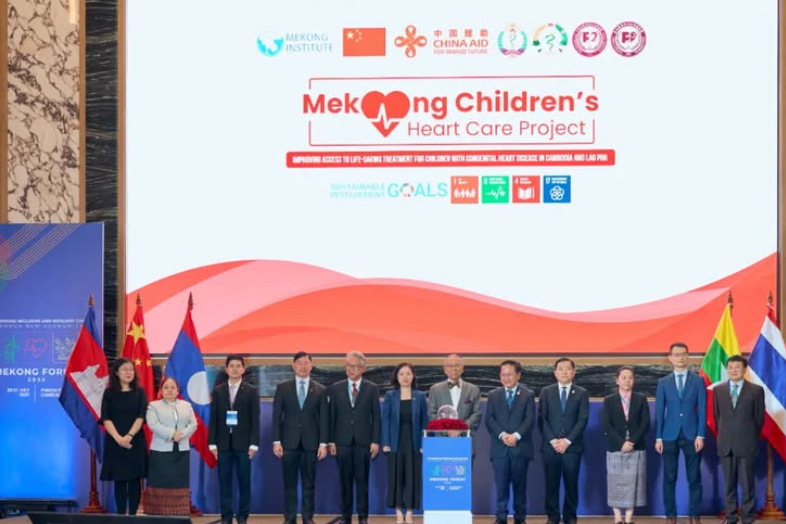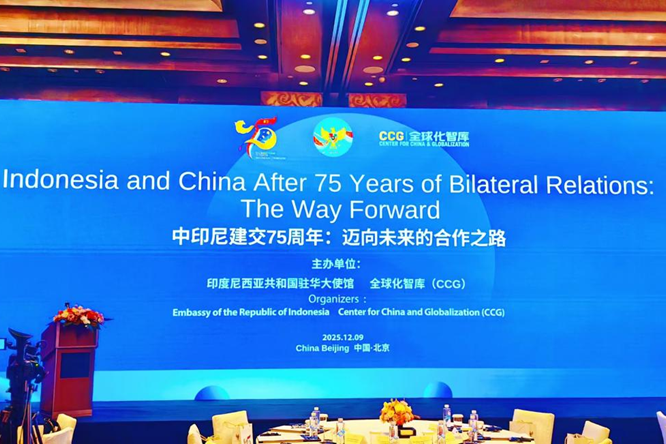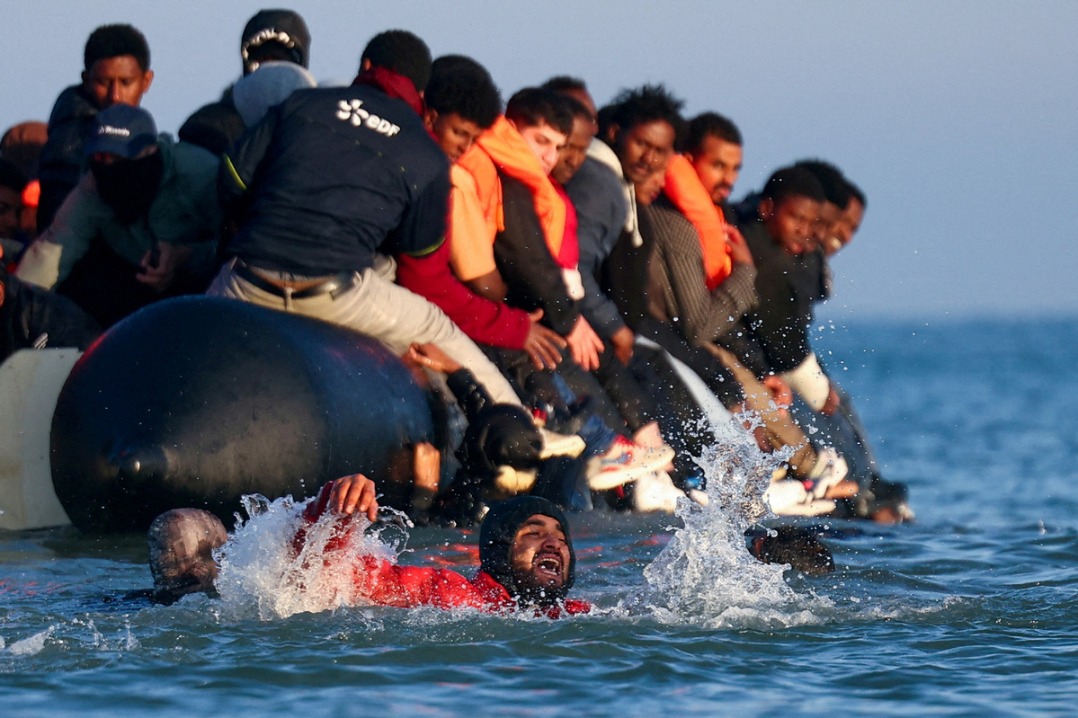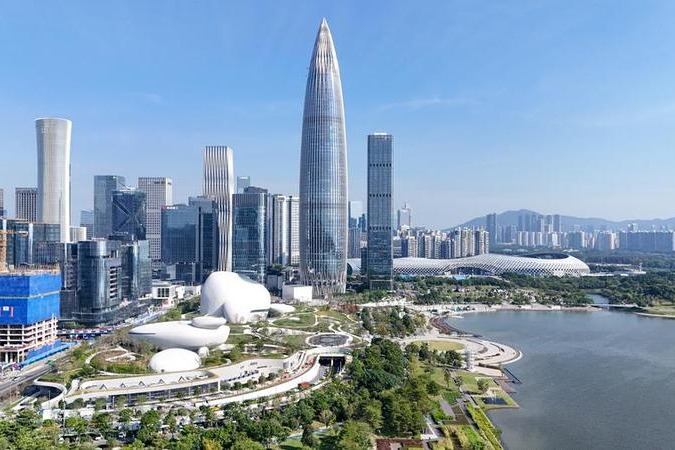US health officials: Don’t buy a mask

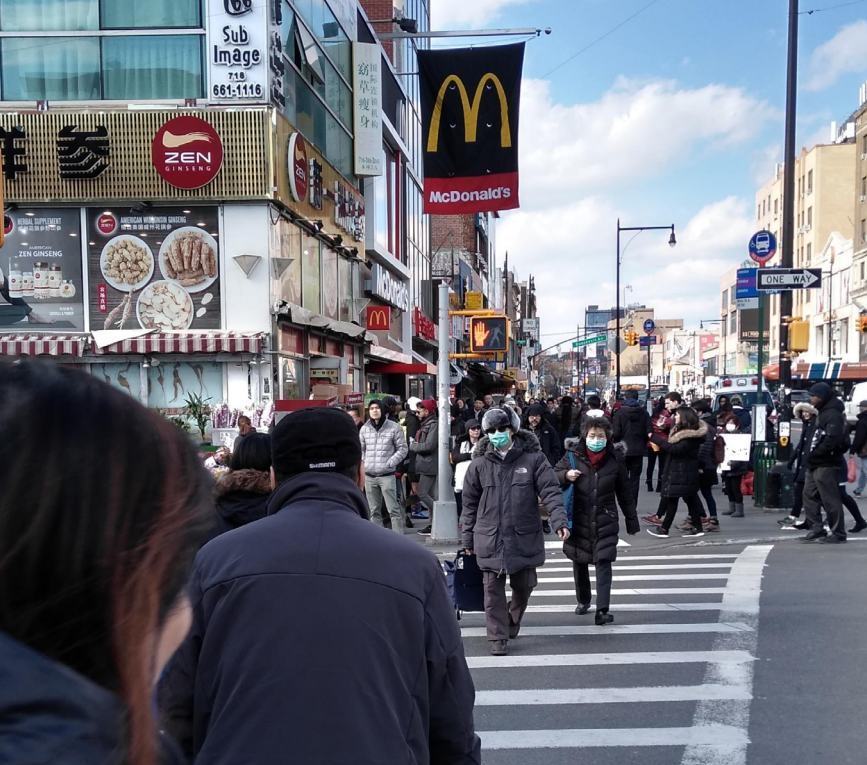
As Americans take precautions against a possible outbreak of the coronavirus, health officials have been unanimous in saying: Don't buy a mask.
"STOP BUYING MASKS!" US Surgeon General Dr Jerome M. Adams posted on Twitter on Saturday morning.
They aren't effective in preventing people from catching the coronavirus and instead put sick patients and communities at risk if healthcare providers can't get them, he said.
The Centers for Disease Control and Prevention (CDC) has said masks should be worn only by medical professionals and those with the virus, adding that the best way to stay healthy is to wash your hands and avoid touching your eyes and mouth.
Americans have been rushing to buy masks, including so-called N95s, tight-fitting masks used by healthcare professionals that can filter out viruses. That has led to price-gouging and counterfeit products.
Last week, Prestige Ameritech, based in Texas, the largest manufacturer of face masks in the US, said it can't keep up with demand.
"It's a madhouse," the executive vice-president of the company, Mike Bowen, told CBS News. "We are going as fast as we can."
The US has access to 43 million medical masks, President Donald Trump said last week. On Saturday, Vice-President Mike Pence said that the US is contracting with 3M to create 35 million more masks each month.
Pence, whom Trump has put in charge of overseeing the country's coronavirus strategy, said the White House virus group is working to develop a course of action that would prioritize masks for use by "high-risk" healthcare professionals.
"The average American does not need to go out and buy a mask," he said.
The White House has been discussing the use of the Defense Production Act to direct expanded production of personal protective equipment and won't hesitate to use it if necessary, Health and Human Services Secretary Alex Azar told reporters in a briefing on the coronavirus at the White House on Feb 23.
Health officials around the globe also have advised against the masks.
"There are severe strains on protective equipment around the world," said Dr Michael J. Ryan, executive director of the health emergency program at the World Health Organization (WHO), during a briefing on Friday.
"Our primary concern is to ensure that our front-line health workers are protected and that they have the equipment they need to do their jobs," he said.
Ryan said masks primarily prevent a person from giving the disease to someone else.
"There are limits to how a mask can protect you from being infected," he said. "The most important thing everyone can do is wash your hands, keep your hands away from your face and observe very precise hygiene."
















